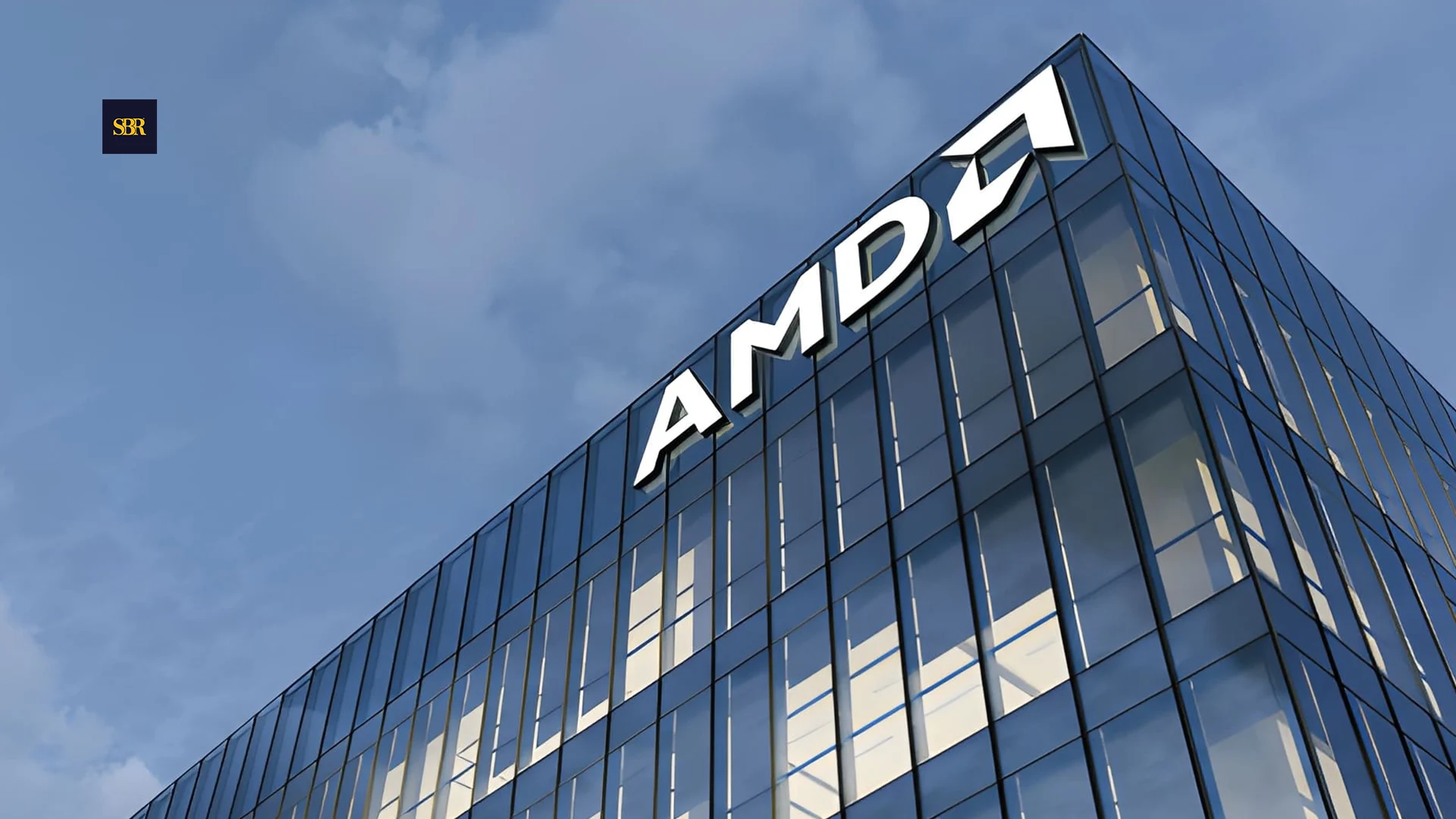MADRID, July 3, 2025 — The Instant Payments Regulation (IPR) adopted by European Parliament and Council in March 2024, has touched several milestones as it meets compliance.
Banks and payment companies across the Eurozone, were required to comply with the IPR guidelines by January 9, followed by those in the rest of the EU from 2027.
All banks and Payment Service Providers (PSPs) in the Euro area, are now able to receive SEPA Instant Payments.
Besides, by October this year, all PSPs in the Euro area have to be able to send instant payments. The threshold for real-time payments, which currently stands at €100,000, will be abolished.
In addition, starting this autumn, treasurers in the Euro area will also be able to use instant payments for supplier, M&A, licence, or tax payments that typically exceed the current threshold.
The new regulation could make real-time payments more attractive for B2B business models and treasury payments in Europe.
Strategic Partnerships
In the backdrop of IPR implementation, Europe is witnessing a large-scale corporate activity.
Ivy, a German startup focused on instant payments on Wednesday said it added access to Circle's (CIRCL) USDC and EURC stablecoins to its always on-transaction rails.
The Berlin-based fintech’s platform allows crypto firms, payment service providers (PSPs) and e-commerce merchants to instantly make bank payments, settle funds to local collection accounts across Europe in multiple currencies, and seamlessly convert them into stablecoins, according to a company press release.
The deal makes Ivy one of the first platforms offering instant bank payments to enable seamless settlement in USDC, the second-largest dollar stablecoin, and EURC, the largest euro stablecoin, the release further said.
“Real-time payment rails and stablecoins belong together,” said Ferdinand Dabitz, CEO and do-founder of Ivy. “Hundreds of merchants are already building on Ivy’s global API for instant bank payments. With native support of Circle’s USDC and EURC, our customers can now instantly mint and burn USDC directly from fiat via a 24/7/365 settlement layer.”
Landmark Worldline, GBI Deal
Since the European Parliament and Council first adopted the IPR on March 13, 2024, various preparations have been underway among PSPs operating in the Euro area.
These have included Banque Raiffeisen’s implementation of Worldline’s cloud-based instant payments processing solution in May. Worldline is the SEPA Classic and Instant Payments CSM provider based in the Netherlands.
Worldline’s tech was also selected by Garanti BBVA International (GBI) in November last year.
Notably, Worldline, a global leader in payment services, signed a contract with GarantiBBVA International N.V. to implement its cloud-based instant payments solution. This multi-year agreement will empower GarantiBBVA International to seamlessly comply with the latest regulatory requirements for instant payments, and it marks a significant step in the bank’s digital transformation.
PSPs Gear Up for October Deadline
The January milestone that made all banks and payment service providers (PSPs) in the Euro area to be now able to receive SEPA Instant Payments, was pivotal to Instant Payment Regulation.
The “January deadline is a vital milestone, not the finish line,” Jonathan Arler, General Manager of the Netherlands at payment platform payabl said.
The regulation also will help ensure that the EU will “catch up” with other regions and countries that have seen relatively higher rates of adoption for instant payments, he said.
The EU IPR contains a significant change that is relevant for the landscape of European non-bank Payment Service Providers (non-bank PSPs), specifically for licensed Payment Institutions and Electronic Money Institutions as defined in the PSD2.
Since April 9, 2025, non-bank PSPs are allowed to have direct access to settlement systems like TARGET/TIPS and Clearing and Settlement systems (CSM). With this legislative change, a long-cherished wish of the industry is realised.
In a separate collaboration, Worldline and Cash Dynamics, a trusted advisory firm for Financial Institutions in Cash & Liquidity and Working Capital management, partnered to facilitate a quick scan for non-bank PSP readiness for direct participation.
The primary purpose of the quick scan is to determine if a non-bank PSP’s cash management and liquidity management framework meets the necessary requirements for direct interaction with TARGET and a CSM. The process also supports an analysis of technical, compliance, and operational readiness. It also helps validate the business case for becoming a direct participant.
Europe Attracts Fintech’s Who’s Who
Fintech companies from around the world, were in limelight and showcased innovative solutions at Money 20/20 Europe, one of the world's most prominent financial technology gatherings.
Held in Amsterdam on June 3-5, the 2025 edition of the event brought together more than 8,000 participants from over 90 countries, drawing some of the most influential players in the financial services and technology sectors.
Turkish fintech firms highlighted their ambitious plans of strengthening presence in the European market.
Companies such as Sipay utilised the global stage to promote their proprietary financial solutions. Similarly, Misyon Bank showed its presence as the only Turkish lender present at the event. Alongside Param and Paribu, they showcased offerings in digital wallets, payment gateways and cryptocurrency infrastructure.
Fintech companies from around the world, were in limelight and showcased innovative solutions at Money 20/20 Europe, one of the world's most prominent financial technology gatherings held last month.
Inputs from Saqib Malik
Editing by David Ryder

















